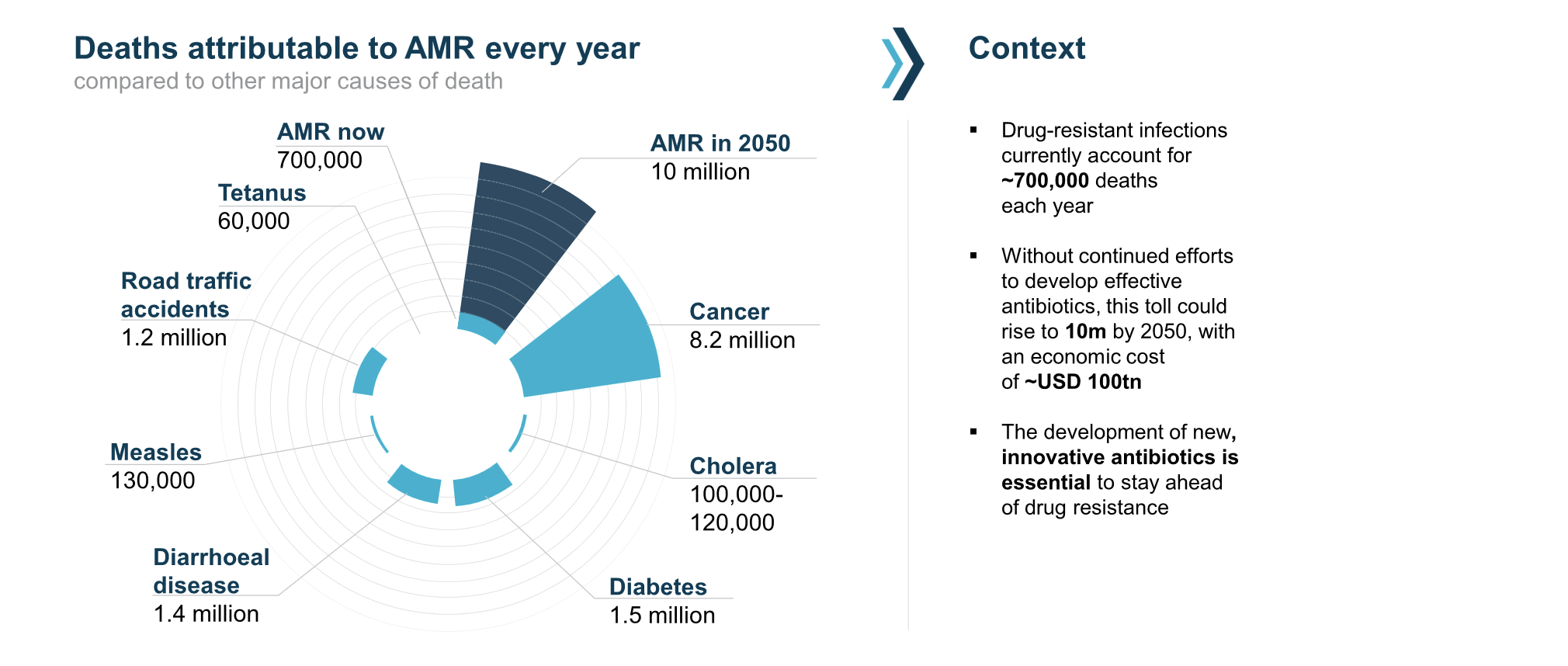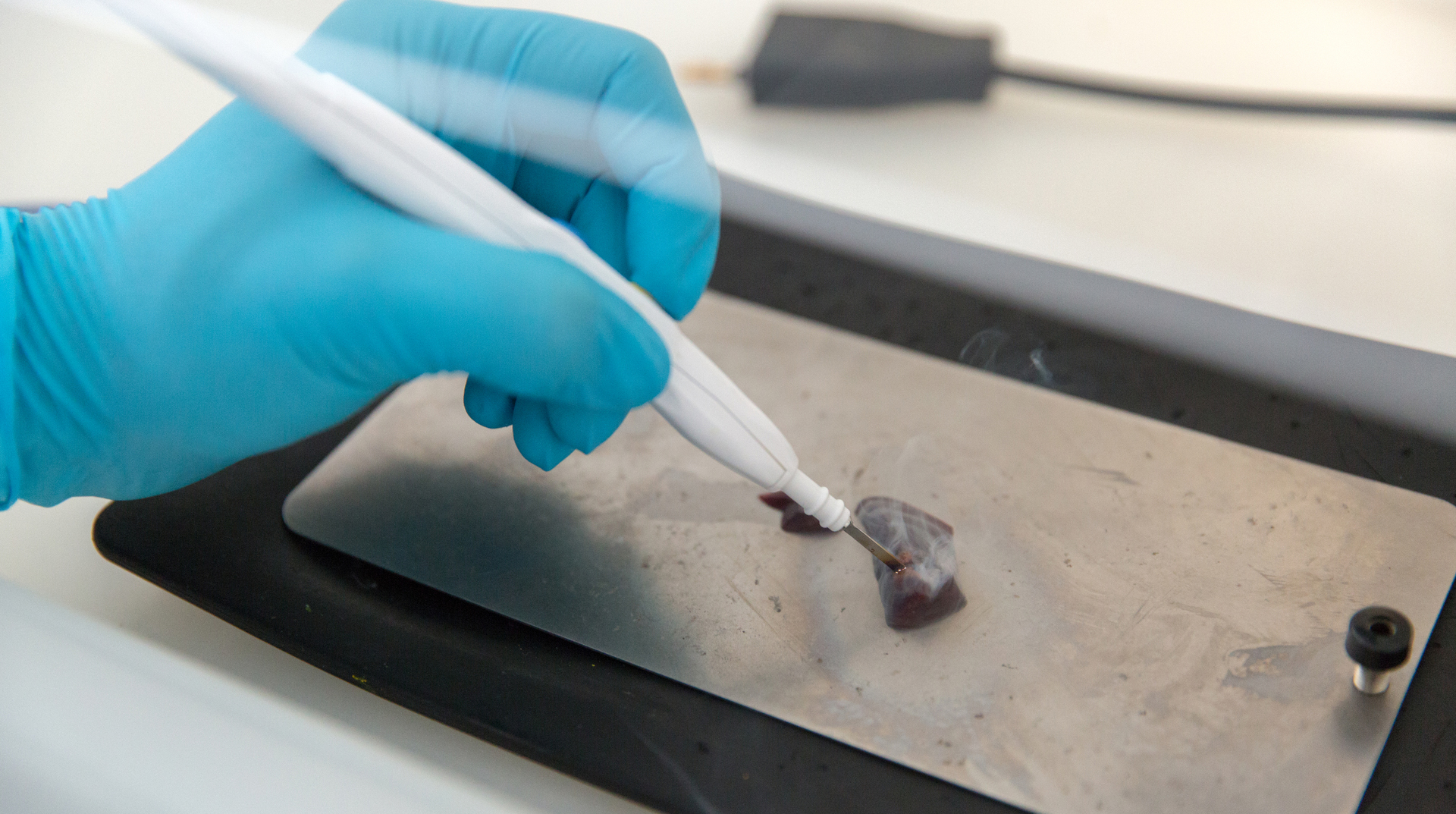
Imperial’s Institute of Global Health Innovation (IGHI) is collaborating with the Marylebone Project and Central London Healthcare on a pioneering project funded by the National Institute for Health and Care Research (NIHR). This 18-month initiative focuses on supporting the safe and meaningful involvement of women experiencing homelessness in research. The project seeks to improve research methods, ensure participant safety, and empower women to share their experiences.
IGHI recently received funding from the National Institute of Health and Care Research (NIHR) for an 18-month project in partnership with the Marylebone Project and Central London Healthcare which focuses on supporting the safe and meaningful involvement of women experiencing homelessness in research.
People experiencing homelessness have shorter life expectancies, poorer physical and mental health, and less access to healthcare than the general population. For women experiencing homelessness, the average age of death is 43 – two years younger than men and nearly half the life expectancy of women in the general population. Many homeless women are survivors of abuse, and more research is needed to provide specialised, female-led support for this group in safe, trauma-informed spaces.





